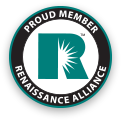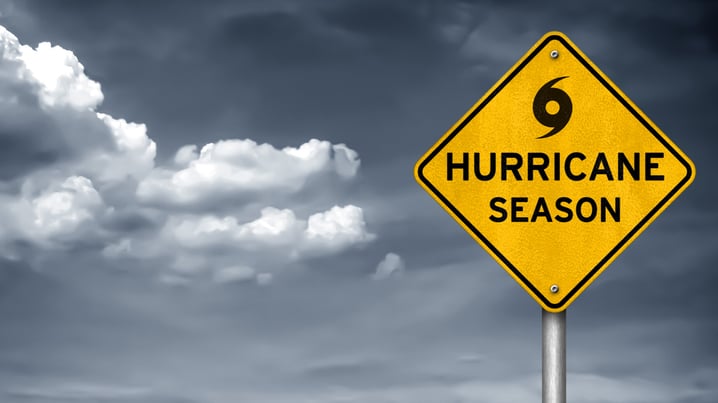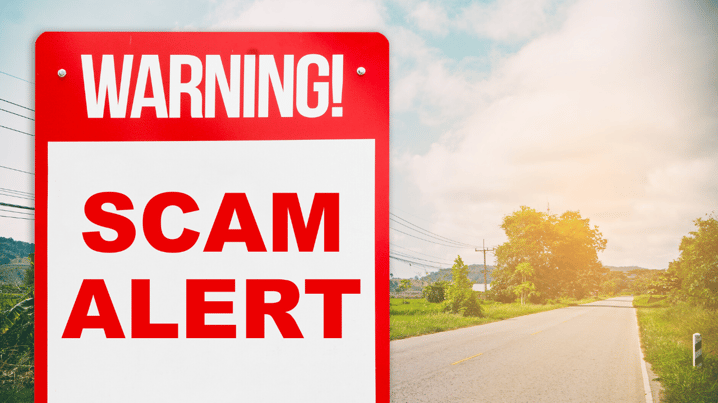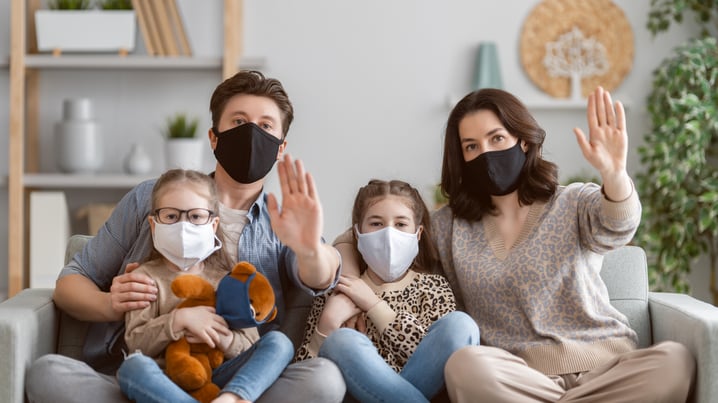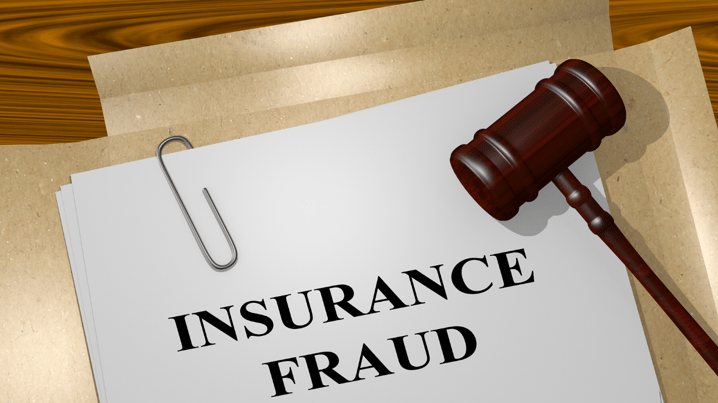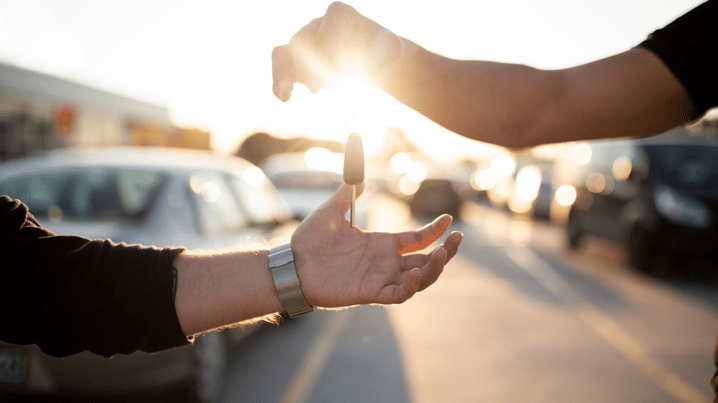As if we all didn’t have enough on our plate this year – the National Oceanic and Atmospheric Administration (NOAA) is alerting us that we can expect an above-normal 2020 hurricane season, with 3 to 6 major hurricanes. The season runs from June 1 through November 30, so we have just dipped a toe in the water so far. CoreLogic’s annual Storm Surge Report estimates that yearly 7.4 million single and multi-family homes are at risk of storm surge – potential damage that could be intensified by the pandemic and the uncertain economy.
It’s not yet clear when stay-at-home restrictions might be lifted – they’ll vary by state. NPR maintains a handy state-by-state list of How Each State Is Responding To COVID-19 that talks about various restrictions. But one thing is clear – until there is a vaccine for the coronavirus, we won’t be going back to life as we knew it in the foreseeable future. It’s likely that restrictions on public places will be lifted gradually and that we will still be practicing advanced hygiene, and social distancing. And more and more of us will be wearing face masks or face coverings in public places to protect ourselves and others. The CDC has recommended this practice, and many communities and states are requiring them in all or some public places.
There’s never been a crisis that cyber criminals won’t try to exploit — rest assured, they are out in full force during the coronavirus crisis. Their goal is to capitalize on your fears and anxieties to steal your money and your credentials. They hope that you will be distracted and that your guard may be lowered. We offer a roundup of just a few of the scams that we’ve been hearing about, along with resources that offer security and protection tips.
Who likes to be cooped up? None of us! But kids are in their formative, high-energy years so it’s particularly hard for them to be away from school, friends, playgrounds, sports, and other activities. And if you are a parent, your challenge is to keep your kid(s) engaged, learning, happy, and safe. Online school activities and homework are likely occupying a good amount of time, but as we approach the weekend, we thought we’d offer some fun resources for you and your kids to explore. At the end of the list, we’ve also included some resources for keeping your kids safe online.
As the Coronavirus crisis continues across the nation, many of us wonder how we can help. Here’s one way: The American Red Cross reports a severe blood shortage. With so many people in shutdown all over the country, many blood drives have been cancelled. Yet just because many things have stopped, Red Cross reminds us that life’s other emergencies haven’t gone on shutdown.
If you are one of the millions who are confined to home during the Coronavirus outbreak, we have scoured the web for some of the best advice, tips and tools to help you make the most of things .. from working at home, keeping safe, stocking up, keeping kids safe and amused and dealing with anxiety and boredom.
Insurance fraud is one of America’s largest crimes — at least $80 billion is stolen each year. Why should you care? This is a crime that you pay for in the form of higher insurance rates, for one thing. And often, the fraud includes theft, scams, staged accidents, and even violence. According to the Insurance Information Institute (III), this is who commits insurance fraud:
Like 2.3 million other couples this year, you may be putting the finishing touches on your plans for a wedding. On average, there are 6,200 weddings per day in the US, but some months are more popular than others. The Spring is an active time, with 10% of all weddings in May and 11% in June. Statistics say that the average wedding budget is $20,000 and the average number of guests is 178.
If you’re in the market for a new car over the coming year, there’s a lot more to think about in terms of cost than just the sticker price. If you aren’t figuring in the associated financing costs, taxes, insurance, depreciation, gas and maintenance, you are only getting a partial picture of the true cost to drive a car. According to AAA, the cost of car ownership in 2019 was $9,282 or $773.50 a month. That’s 5% more – or $433 – than the prior year.
